TEHRAN(Bazaar) –Shireen Tahmaasb Hunter, a professor of political science at Georgetown University, tells that it is hard to predict accurately who will manage the global south.
She adds that in general, the word manage is not the correct definition of the kind of relationships that could emerge.
Following is the text of the interview:
Q: Since January 1, 2024, Iran has officially become a permanent member of the BRICS. What is the importance of this membership for the BRICS group?
A: Iran's membership in BRICS is only marginally significant for its members. Iran's economy is still small and its GDP in 2023 was less than $400 billion. Thus, economically, Iran's membership is not very important. Politically, Iran plays a limited role internationally, beyond parts of the Middle East. However, Iran still has significant economic and political potential that, if properly developed, could add to BRICS' clout.
Q: What is the importance of this membership for Iran?
A: Membership in the BRICS has only symbolic value for Iran, by demonstrating that Iran is not isolated. Economically, membership in BRICS would not lead to increased investments in Iran. None of BRICS' members' investment decisions are based on the states' membership in the organization.
Q: BRICS and Shanghai Cooperation Organization (SCO) are among the organizations that some experts believe will manage the ‘Global South’. What is your assessment?
A: It is hard to predict accurately who will manage the global south. In general, the word manage is not the correct definition of the kind of relationships that could emerge. The word " manage" implies a kind of neo-colonialism by China and possibly India. Under those conditions, other members of the global south would look elsewhere. In general, no grouping can eliminate others from the international political and economic system, unless the world becomes divided into regional groupings, which I do not foresee. For good or ill, what you refer to as the West will have the most economic muscles in the foreseeable future. The West is not just the US and Europe, but also Japan, South Korea, and many pacific countries. Moreover, China's economic and political future is not clear, and it could face significant challenges.
Q: Considering agendas such as de-dollarization in BRICS and SCO, do you think these organizations will be able to challenge the western order in the international system?
A: A major problem for these countries is that they do not have a viable alternative for the current International system. Also, despite the fact Western states have not always observed their own values, still the values of democracy and respect for human rights are more appealing than the authoritarian systems of China and increasingly, also India. In my opinion, instead of trying to replace the current system, which is not an easy task, efforts should be made to reform it. In the 1970s, there was much talk of reforming the international economic system and reducing those aspect which discriminated against developing countries. Such efforts could be resumed. The sad fact is that China has acted like other colonial powers, and India would when it can.
Q: India plays a balanced policy against the East and the West, and its membership in BRICS and Shanghai shows that Delhi does not pursue all its interests in the West. In your opinion, this issue will not be a challenge for such countries in the future, and it will be possible for them to follow a ‘hedging strategy’?
A: Since the collapse of the USSR India has pursued a policy of maximizing its own strategic and economic interests. Consequently, at times, India has behaved in a way which has favored Russia and in other cases the US. In fact, a major weakness of BRICS is that its members are too diverse geographically, economically, politically, and have different philosophies. For instance, Saudi Arabia and the UAE are very much part of the West-dominated international economic system.
In general, the issue of choosing East or West is not important for most countries, especially that the role of ideology in international politics has declined. Great power competition today is like the nineteen century about political and economic supremacy. For Iran this means that, until its hostile relations with the West are not improved, membership in organizations like SCO or BRICS, will do little to solve its economic and political problems. Iran's experience with China, India, and Russia in the last decade proves this fact. None of these countries have helped Iran or invested in it. China has invested more in Taliban ruled Afghanistan than in Iran.

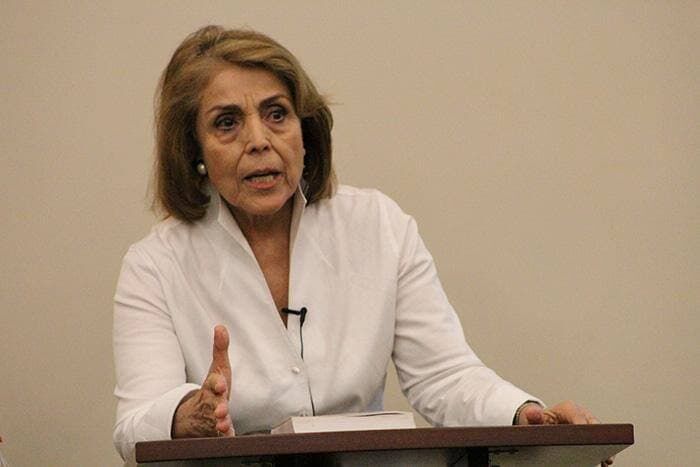




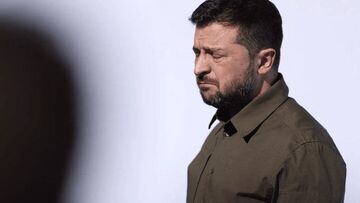
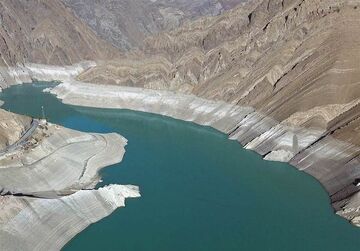
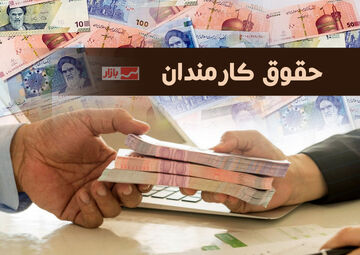
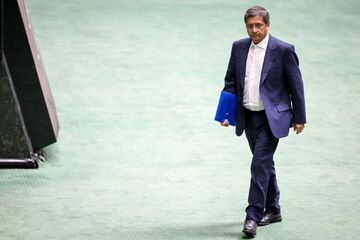


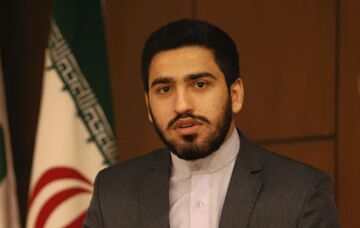
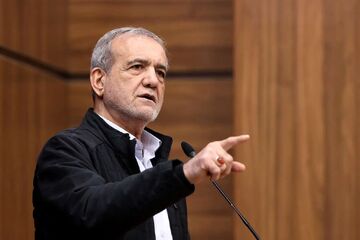


نظر شما